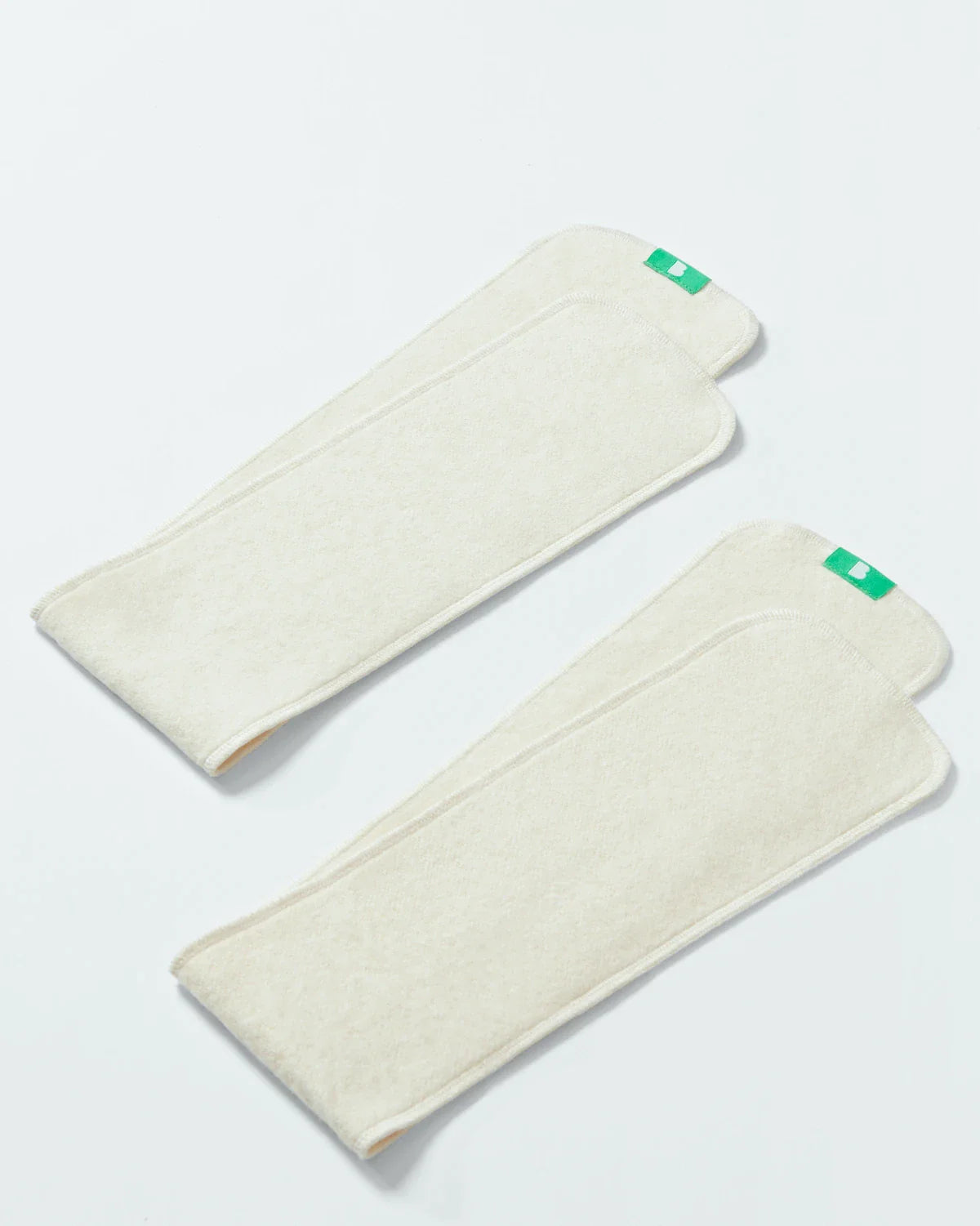Folic Acid | Glossary of Pregnancy & Baby Term
Share Options
- Bambino Mio
- 24 / 07 / 2023
Inside this Article:
What is folic acid?
Folic acid is the synthetic, or manmade, form of folate or vitamin B9 (1).
Folate is a vitamin that is present in foods such as leafy green vegetables (hence the name folate), beans and citrus fruits.
You can take extra folic as a supplement or you can eat it in fortified foods such as bread and cereals, which have folic acid added to them.
Is it folic acid or folate?
We tend to use the terms folic acid and folate interchangeably, which is fine as the two substances perform the same function.
Why might I need to take a folic acid supplement?
Folic acid is a water-soluble compound, so any folic acid or folate you get during the day which isn’t used by your body is lost through your urine. Your body can’t store folate, so it’s important to eat the right foods every day so you get enough. Some people find it harder to do this, so they may need a supplement.
What does folate or folic acid do in the body?
Folic acid performs a lot of important functions (2):
- It helps tissues to grow and cells to work
- Folate works in conjunction with vitamin C and vitamin B12 to help the body to break down and synthesise new proteins
- It also helps the body to form new red blood cells, which is important to avoid iron deficiency anaemia (3)
- Folic acid also helps to produce DNA, the molecule which carries the genetic information all living creatures need to grow and function
What happens if you don’t have enough folic acid or folate?
A lack of folate can lead to several problems, including:
- Diarrhoea
- Mouth ulcers
- Poor growth and repair
- Peptic ulcers
- A swollen and sore tongue
- Some types of anaemia (4)
Why do pregnant women need folic acid supplements?
Because it can be difficult to get enough folate through everyday foods and because we don’t store it, women who are planning to become pregnant should take folic acid supplements (5).
Taking a folic acid supplement for at least three months before conceiving and then for the first three months of pregnancy can help to prevent neural tube defects such as spina bifida (6). Extra folic acid may also help to prevent miscarriage (7).
Citations and References
- The Association of UK Dietitians. ‘Food Fact Sheet.’ Folic Acid.’ 2016. www.uhsussex.nhs.uk/content/uploads/2023/03/folicacidbda.pdf
- National Institutes of Health (NIH). Office of Dietary Supplements. ‘Folate.’ 2022. Web. ods.od.nih.gov/factsheets/Folate-HealthProfessional/
- National Health Service (NHS). ‘Health A to Z. Iron Deficiency Anaemia.’ 2021. Web. www.nhs.uk/conditions/iron-deficiency-anaemia
- National Health Service (NHS). ‘Health A to Z. Vitamin B12 or Folate Deficiency Anaemia.’ 2023. Web. www.nhs.uk/conditions/vitamin-b12-or-folate-deficiency-anaemia
- National Health Service (NHS). ‘Folic Acid. Pregnancy, Breastfeeding and Fertility While Taking Folic Acid.’ 2022. Web. www.nhs.uk/medicines/folic-acid/pregnancy-breastfeeding-and-fertility-while-taking-folic-acid
- National Health Service (NHS). ‘Health A to Z. Spina Bifida.’ 2020. Web. www.nhs.uk/conditions/spina-bifida
- National Institutes of Health (NIH). National Library of Medicine. ‘Maternal Prepregnancy Folate Intake and Risk of Spontaneous Abortion and Stillbirth.’ 2014. Web. www.ncbi.nlm.nih.gov/pmc/articles/PMC4086728







































